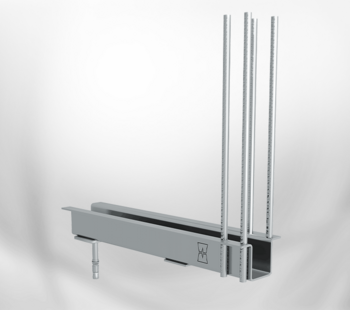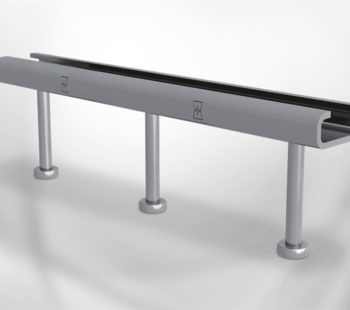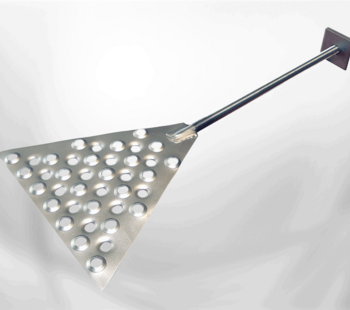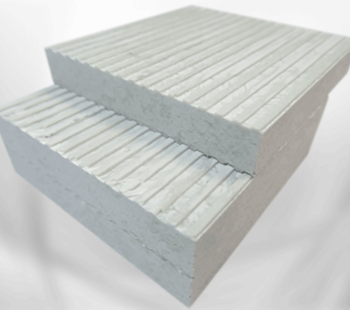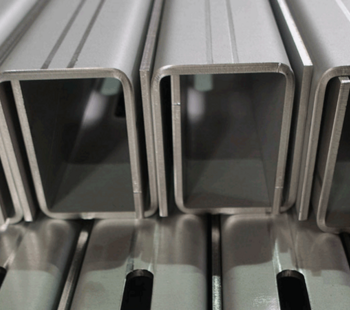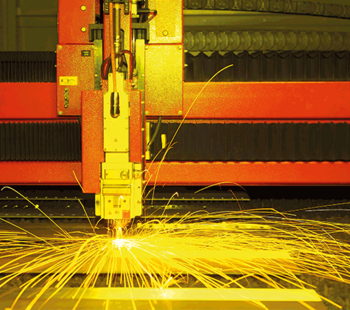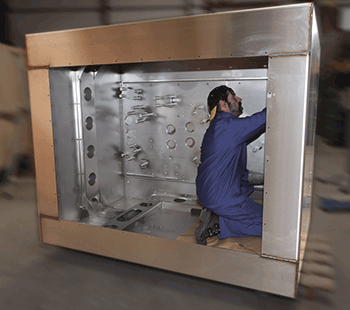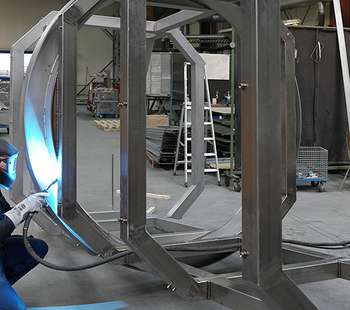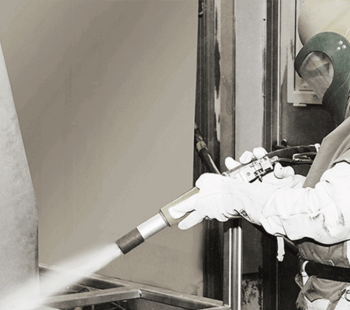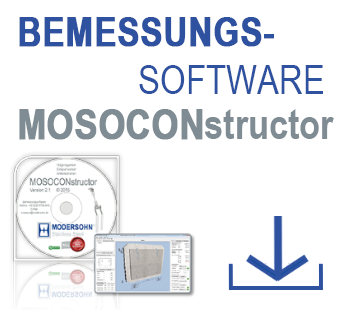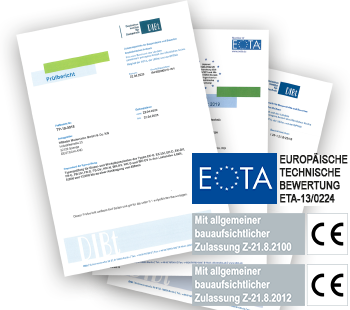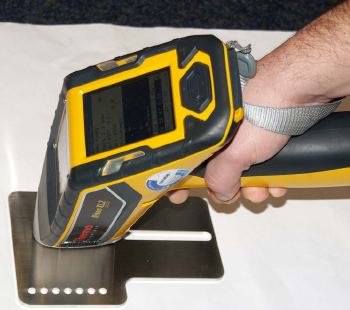The compound anchor is a collective term for many variants of adhesive or mortar anchors, which are characterised by stress-free anchoring in concrete or masonry in the drill hole. In contrast, expansion anchors or expansion plugs, for example, push the drill hole apart.
The compound anchor technology has particular advantages in the case of dowel or needle fixings (deeper drill holes) in soft building materials and with relatively small edge distances to the side edge of the fixing base. The most common type of fastening for heavy-duty anchoring is now the compound dowel or adhesive dowel, whose adhesive mortar is pressed into the drill hole by means of cartridges or partrons. Usually such compound anchor systems consist of two components; the adhesive resin and the hardener. When pressed into the drill hole, these two components mix and react with each other, so that after a relatively short setting time the inserted threaded rod or anchor rod is firmly bonded to the drill hole.
It is important for a non-positive connection that, in addition to the good mixing of the components, the borehole is also blown out so that loose particles of building material do not prevent the adhesive or mortar from seizing the edge of the borehole.
As a partner of the companies Fischer Dübel (Tumlingen, Denzlingen) and Hilti (Kaufering), Modersohn sells an extensive range of composite anchor systems. In addition, Modersohn manufactures various anchor rods in special shapes and sizes, in individual cases also with approval.
